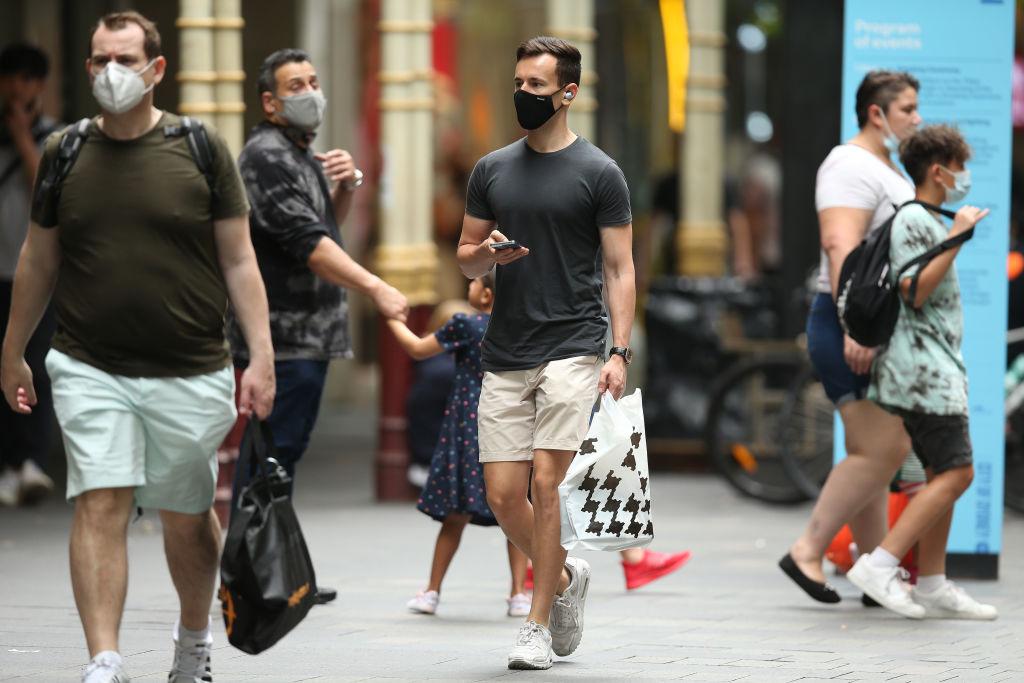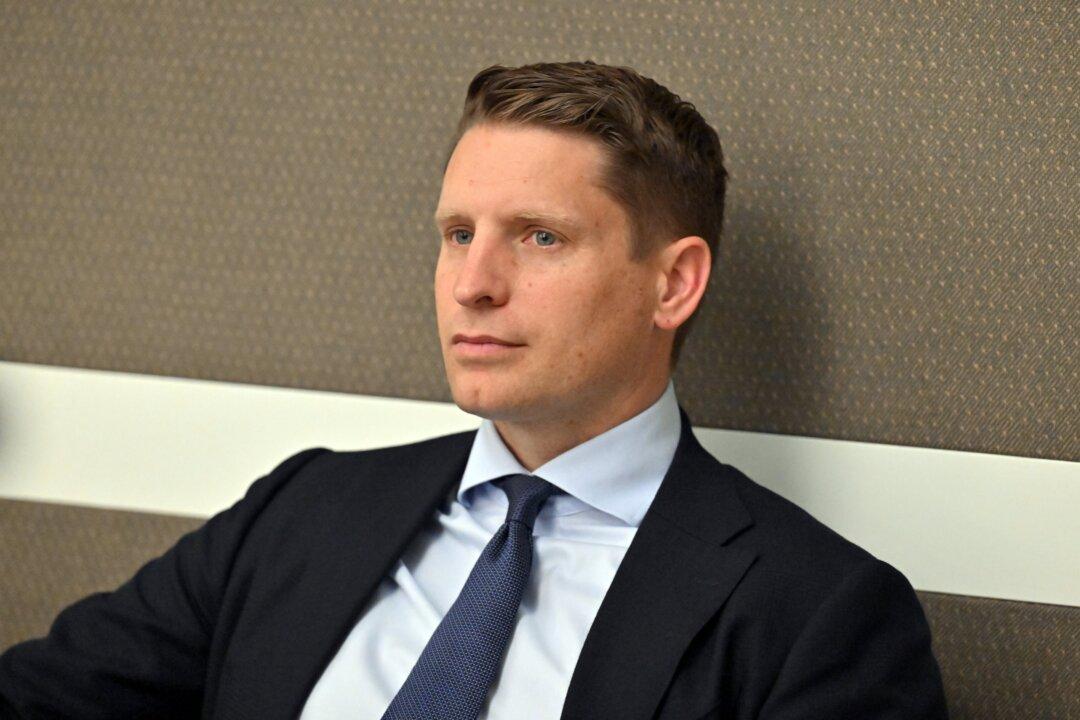The top health bureaucrat in Queensland has refused calls to introduce a mask mandate amid another COVID-19 wave.
Queensland Chief Health Officer (CHO) John Gerrard will not recommend the public start wearing masks again, noting, however, that individuals were free to do so.





